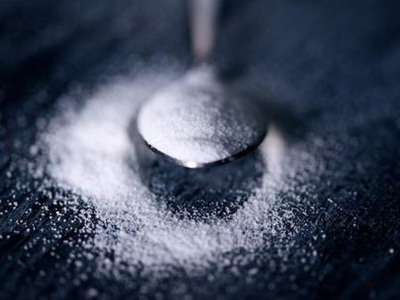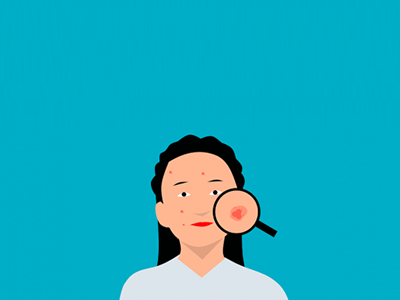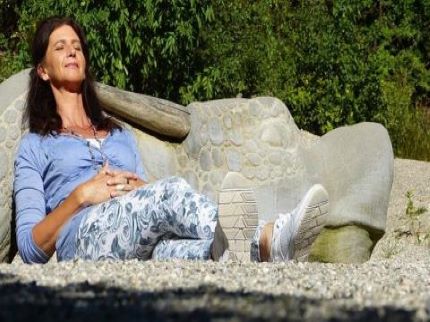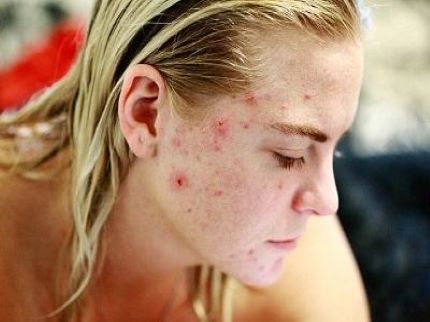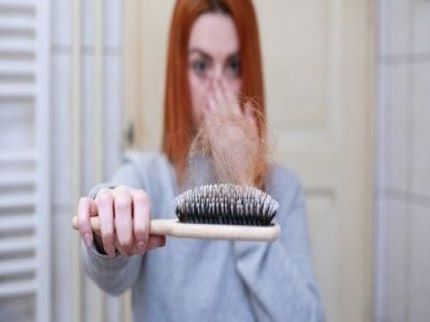Remember how you were as newlyweds or when you knew you were in love with your significant other? You couldn’t keep your hands off each other. You probably had sex multiple times a week, if not multiple times a day. Well, over the years, some relationships lose their spark. Sometimes, it could be because the couple has gotten comfortable with each other, are busy with work, or juggling raising kids, etc., etc.. These added responsibilities leave limited time for intimacy and intercourse. But is that really the reason you’re not having sex? Ask yourself this: when you have time off and your kids are away at grandma’s house (or somewhere else), do you want to have sex with your mate?
Some chalk this up to being tired or jokingly say that “sex stops after you get married”. Is that really the reason, or is there a deeper reason at play? Although some couples might be in denial, sexual dysfunction among one or both partners is relatively common. Hypoactive sexual dysfunction disorder (HSDD) is defined as persistent deficient sexual fantasies and desire for sexual activity that causes marked distress or interpersonal difficulty. One study shows that approximately 43% of women and 31% of men have been diagnosed with sexual dysfunction (Ref.1). Some of you might think we’re just talking about the aging population. Nope! When looking at women who were of childbearing ages, 26.7% had low sexual desire (compared to 52.4% postmenopausal) (Ref.2).
Hypoactive sexual desire is not as common in men as women. However, although it’s diagnosed in up to 31% of men in some studies, the self-reported prevalence rates of problems with desire in men was only 4.8% in the U.S (Ref.3). Yeah, this is not surprising. Most people don’t want to admit that there’s a problem in that area. But there’s no shame in admitting that you’re often not in the mood and having trouble getting there. Sometimes, hypoactive sexual desire disorder can be caused by underlying problems. So, it’s important to get to the root cause. Here are some common reasons for hypoactive sexual desire.
Physical conditions:
- Diabetes
- Hypertension
- High cholesterol
- Breast cancer
- Urinary incontinence
- Thyroid problems
Mental problems
- Depression
- Anxiety
Relationship Issues
- Disagreement with raising kids
- Juggling mixed family issues
If you and your partner are struggling with intimacy, don’t be embarrassed. Talk with your provider openly. Trust me, we’ve heard it all and won’t judge you. Your provider will probably ask you questions like these:
- In the past, was your level of sexual desire/interest good and satisfying to you?
- Has your level of sexual desire decreased over the last year?
- Does it annoy or bother you that your level of sexual desire has decreased?
- Do you want to have a higher sexual desire or interest?
If you answered yes to all these questions, then you likely have hypoactive sexual desire disorder. The treatment includes first admitting there’s a problem with your level of desire. Then, your provider will do a thorough dive into your health status to make sure medications and other medical conditions aren’t causing your hypoactive sexual desire. Once it’s determined that there are no other factors, treatment consists of counseling to address any relationship issues and sex therapy to help you and your partner find your groove again. Most importantly, be honest and discuss your issues openly with your partner. Talking through these issues together can improve the closeness of your relationship.
References:
- R C Rosen 1 Prevalence and risk factors of sexual dysfunction in men and women. Curr Psychiatry Rep. 2000 Jun;2(3):189-95.).
- Suzanne L West 1, Aimee A D'Aloisio, Robert P Agans, William D Kalsbeek, Natalie N Borisov, John M Thorp. Prevalence of low sexual desire and hypoactive sexual desire disorder in a nationally representative sample of US women. Arch Intern Med. 2008 Jul 14;168(13):1441-9.)
- Laumann EO, Glasser DB, Neves RC, Moreira ED. A population-based survey of sexual activity, sexual problems and associated help-seeking behavior patterns in mature adults in the United States of America. International Journal of Impotence Research. 2009;21:171–178.








